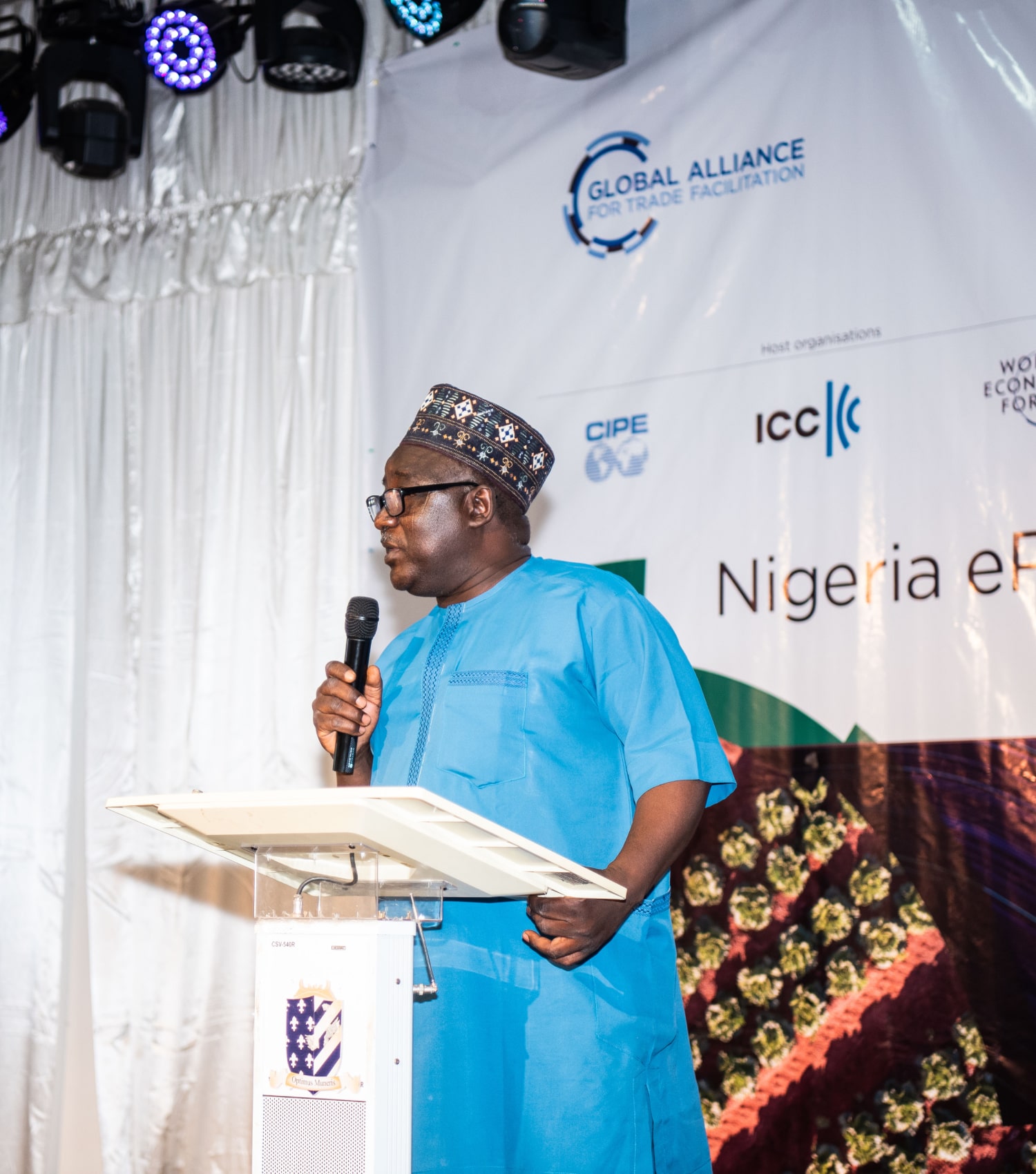We complement close collaboration with individual governments and local businesses in our project countries by developing formal and informal partnerships with a broad range of prominent global businesses and international organisations.

We complement close collaboration with individual governments and local businesses in our project countries by developing formal and informal partnerships with a broad range of prominent global businesses and international organisations.

Household names in retail, manufacturing, and technology, as well as logistics specialists, assist us in opening doors, contributing expertise, identifying bottlenecks in supply chains, while amplifying our public-private partnership model in global forums.
There is growing awareness of the possibilities trade facilitation unlocks beyond purely commercial benefits, extending to some of the world’s most pressing challenges, including humanitarian assistance, streamlining supplies of routine medicines and equipment, and disaster preparedness.
The Alliance has forged strong, strategic partnerships with influential international organisations that share our goals and work together with us in achieving them, including UNICEF, the Food and Agriculture Organization (FAO), and the Islamic Centre for Development of Trade (ICDT).

A successful collaboration to speed up delivery of life-saving vaccines and related medical supplies to vulnerable communities in Mozambique has inspired the Alliance and UNICEF to extend and upscale their initial partnership to ten additional countries.
Both parties are working closely together to streamline border procedures, aiming to ensure more equitable access to critical humanitarian assistance.

The Alliance works closely with the FAO International Plant Protection Convention (IPPC) Secretariat and the United Nations International Computing Centre to support low and middle-income countries in introducing electronic phytosanitary certification.
Phytosanitary certificates are critical official documents issued by governments to confirm that shipments of plants and plant products are free of pests and diseases. Adopting the IPPC ePhyto Solution involves connection to a central hub and replacing paper documents with digital exchange. This allows countries to exchange ePhytos quickly, accurately and at low cost, reducing the risk of loss, damage or fraud.

ICDT is responsible for promoting trade and investment across the Organisation of Islamic Cooperation’s (OIC) 57 member states. It leverages an extensive network of political and diplomatic connections to promote a range of trade-related activities, including negotiations, marketing, information, investment, research, and training.
It has co-funded two successful Alliance projects to date – in Nigeria and Togo – and is exploring new opportunities to collaborate on a range of future projects.